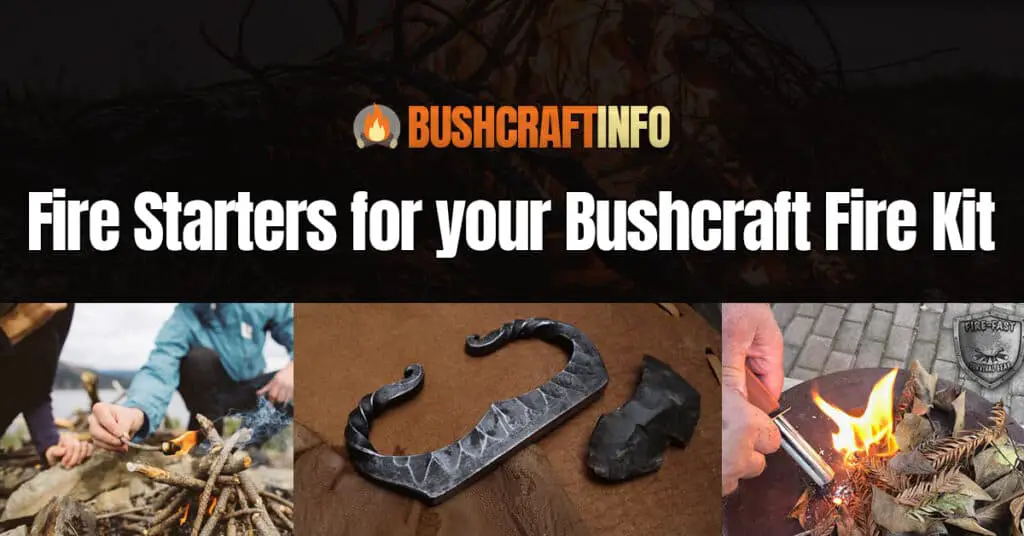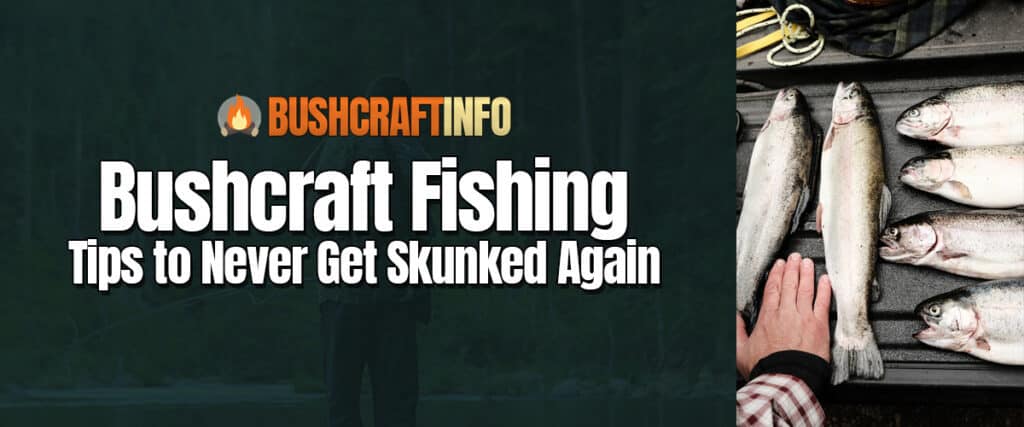We all know gas can help you with starting a fire no matter where you are and what kind of situation you are in. But can you start a fire with diesel?
Yes, you can definitely start a fire with diesel. However, in some situations, diesel fuel may not be as efficient as gas as diesel isn’t as flammable as gasoline.
Now you must be wondering in what conditions you can’t trust diesel for starting a campfire or something similar. Don’t worry, I’ve got you all covered with this article.
Besides providing a complete answer to the question of whether diesel can be used to start a fire, I have also explained when it will not burn. So if you are interested in learning all about a fire starting with diesel, keep on reading!
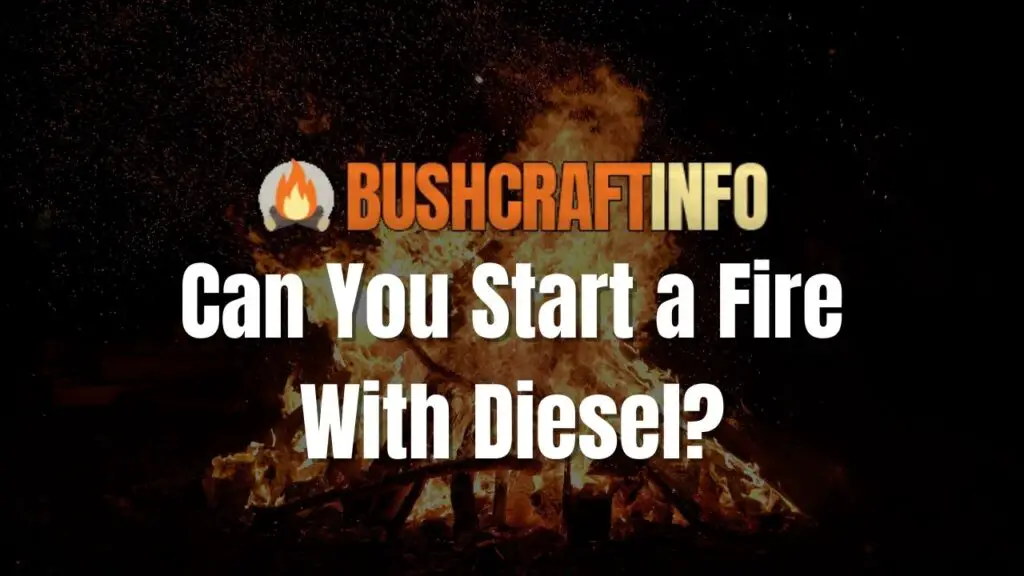
Will diesel ignite with a spark?
As mentioned earlier, it is 100% possible to start a fire with diesel fuel alone. However, it will not ignite with only a spark. You see, in diesel car engines, the architecture is slightly different than in gasoline-based engines.
It is because, unlike gasoline, diesel is non-volatile (which means it doesn’t evaporate at room temperature). Therefore, it doesn’t ignite with a spark but requires intense pressure or sustainable flame to ignite it.
However, on the other hand, gasoline is highly volatile which means it will start to evaporate even at room temperatures. The vapors of gas are highly flammable in nature so, therefore, they will ignite with a spark.
Can you use diesel fuel to start a brush fire?
Now that you know diesel can’t ignite with a spark, there might be another question in your mind. You might be thinking about whether you can start a brush fire with diesel or if it will fail completely.
The answer to this question is yes, diesel can help you in starting a brush fire successfully because tree branches and lumber are organic in nature. Therefore, it will ignite quickly with diesel fuel without any issue whatsoever.
But you shouldn’t always use diesel fuel to start a brush fire. It is because although diesel fuel can burn, it won’t work very well in wet conditions.
In such situations, you should have an alternative option, especially if you are out in the wilderness.
Can you start a camp fire with diesel fuel?
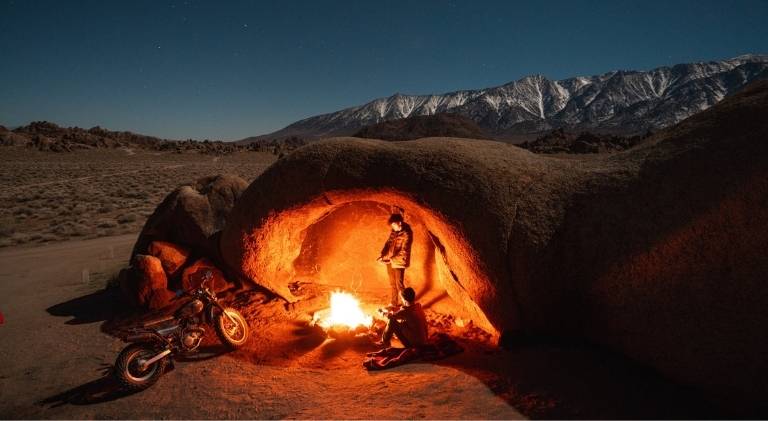
So far, you’ve learned that diesel can start a brush fire, but you might wonder if you can start a campfire with it. Well, technically yes, it will help you with starting a campfire, but I wouldn’t recommend it for a campfire.
Even though it might be a lot safer than gasoline, the major downside of diesel is its price. It is a lot more expensive compared to gas and other types of fuel. Therefore, the best option to start a campfire is kerosene oil instead of using diesel.
However, if you don’t have access to kerosene oil, then you can rely on diesel for making the campfire.
Is diesel combustible or flammable?
It may also confuse you because of the question of whether diesel is combustible or flammable. Some people may even confuse both terms, but there’s a difference between them.
Diesel fuel is combustible rather than flammable. This is because it doesn’t readily vaporize and generally has very low vapor pressure.
Now let’s get a bit more into it and see the difference between combustible and flammable substances. All those materials that vaporize readily and have high vapor pressure will be flammable.
Because of their higher vapor pressure, these types of materials have flash points below 100 degrees Fahrenheit, therefore they will ignite.
Combustible materials have flashpoints over 100 degrees Fahrenheit. These types of substances will not ignite, but they can burn provided that the temperature is above 100 degrees Fahrenheit.
Interesting Fact – If you throw a burned matchstick into a pit full of diesel, it will not burn as actively as gas.
What burns better: petrol or diesel?
When choosing a fuel for the fire (both campfire and brush fire), you should have an idea of which fuels burn better. By burning better, I mean easy to burn and lasts longer. So if we look at the nature of petrol or gas, it is much easier to burn because of its igniting nature.
While diesel, on the other hand, is non-volatile, therefore, it will not burn as quickly as petrol. However, diesel fuel lasts longer than petrol, which means it will have an increased effect compared to petrol.
According to a study, the burning rate of diesel can vary depending upon other chemical substances mixed with it. Therefore, it may last longer with some substances while others may reduce its overall efficiency depending upon the nature of the chemical mixed with it.
Does diesel burn faster than gas?
Pure diesel doesn’t burn faster than gas due to the fact that it is non-volatile at room temperature. Due to this nature, it has a lower vapor pressure which increases its flashpoints to above 100 degrees F.
It makes diesel more of a combustible substance rather than a flammable. Having that said, gas, on the other hand, is highly volatile due to its high vapor pressure.
This makes gas highly flammable as the vapors of the gas quickly catch fire as soon as it comes in contact with even a spark. This is why it is advisable to use gas with extreme care and make sure to not bring it near an open flame.
Last Minute Thoughts: Is diesel worth it?
So can you start a fire with diesel? Is it really worth it? To sum up the whole discussion, yes, diesel can help you start a fire, especially if you are going to start a brush fire. However, it doesn’t ignite and has a combustible nature rather than flammable.
Apart from that, diesel will not burn very well or sometimes may not even burn at all depending upon the situation. For example, if the logs or lumber that you are trying to burn are wet, then you will have a very hard time burning them at all.
Therefore, you must always keep the situation in mind and be fully prepared for it. I hope you’ve not only enjoyed this article but also learned something new and interesting. You can share this article with your friends and family to amaze them too!
Until next time, stay safe and happy prepping!
Was this post helpful?
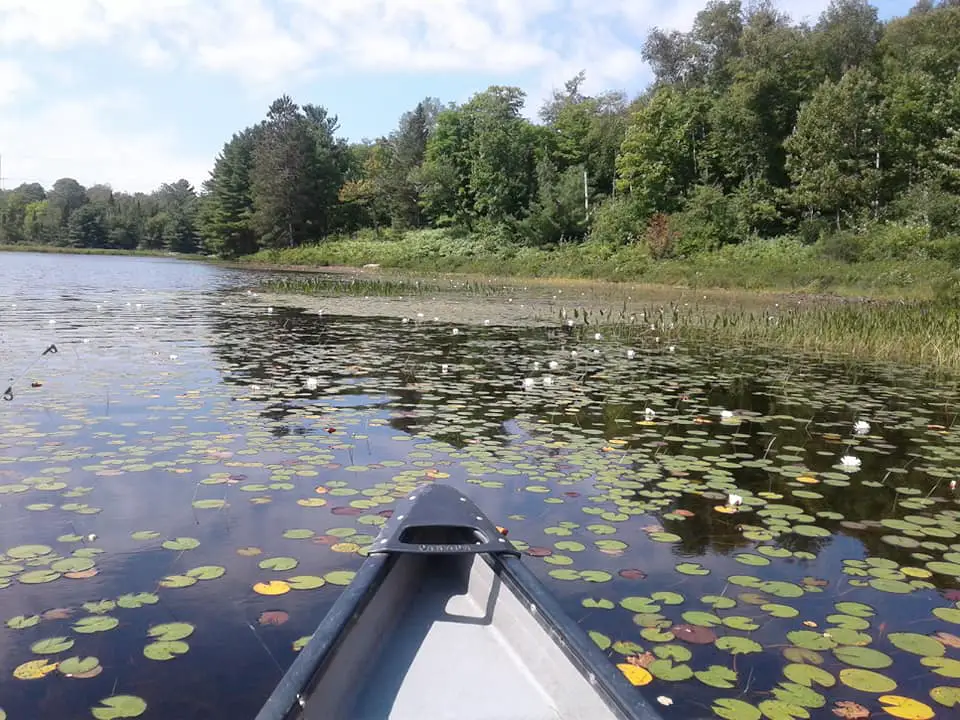
Hey I’m Josh! I have been practicing Bushcraft for a little over 6 years now! I Started this website to review awesome bushcraft gear that I love as well as share information I have learned along the way!

